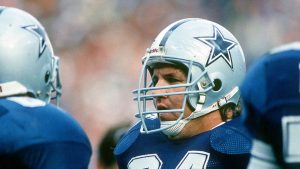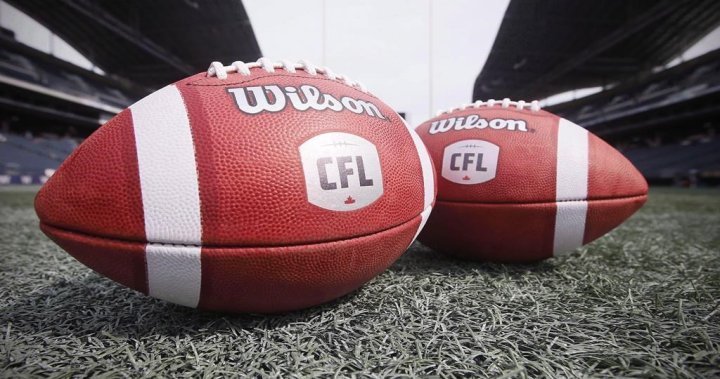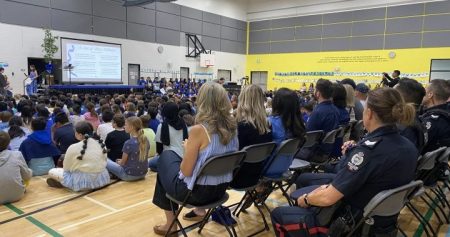The Canadian Football League Players’ Association (CFLPA) unveiled its inaugural team report cards, providing a comprehensive assessment of player experiences across the league’s nine franchises. The Saskatchewan Roughriders emerged as the top-ranked team, receiving high marks for their football operations and management. This groundbreaking initiative, modeled after the NFL Players’ Association’s report cards, aims to enhance player well-being and foster positive change within the CFL. The report cards evaluated teams across eight key categories: football operations, management and administration, training and medical staff, equipment, family treatment, nutrition and diet, team travel, and training camp. Responses from 495 players, gathered through a 58-question survey, shaped the final grades assigned to each team. The survey incorporated multiple-choice, rating-scale, and open-ended questions, providing players with diverse avenues to express their experiences and perspectives.
The Saskatchewan Roughriders’ standout performance saw them earn two “A” grades and five “B” grades. Their “A” grades were awarded for football operations and management/administration, indicating a strong player endorsement of the team’s leadership and operational effectiveness. While the Riders received “B” grades in most other categories, their nutrition and diet program received a “D-minus,” highlighting an area requiring significant improvement. The report cards shed light on both exemplary practices and areas needing attention across the league, contributing valuable insights into the player experience within each organization.
Several other teams also demonstrated strengths in specific areas. The Ottawa Redblacks matched Saskatchewan’s achievement with two “A” grades, excelling in football operations and equipment. The Hamilton Tiger-Cats (equipment), Toronto Argonauts (training and medical staff), and Winnipeg Blue Bombers (equipment) also received “A” designations in their respective strengths. The Winnipeg Blue Bombers, despite reaching five consecutive Grey Cup appearances, exhibited a mixed performance, securing three “B” grades but also three “C” grades, particularly in areas related to player travel and nutrition.
The report cards also revealed significant concerns within certain franchises. The Edmonton Elks received two failing grades, an “F” in both nutrition and diet, and training camp, indicating significant deficiencies requiring immediate attention. Player feedback highlighted issues with the quality and variety of food provided, adding context to these low marks. Other teams also faced criticism, particularly regarding player treatment, medical care, and equipment provisions. Toronto Argonauts players voiced concerns about access to necessary surgeries and the difficulty in acquiring new cleats and gloves. These specific examples underscore the importance of the report cards in identifying areas where teams can enhance player support and resources.
Player testimonies provided further insights into the challenges faced within some organizations. A Winnipeg Blue Bombers player lamented the uncomfortable air travel arrangements for away games, citing cramped seating and inadequate food provisions. In contrast, another Bombers player expressed immense satisfaction with the organization, highlighting the diverse perspectives within a single team. A Montreal Alouettes player criticized the limited amenities and lack of TVs in the family room on game days, while another expressed concerns about inadequate medical equipment and the need to seek external medical opinions.
The report card findings sparked a league-wide conversation about player welfare and the need for improvements. Teams with lower grades now face the challenge of addressing player concerns and implementing necessary changes to improve their working conditions. The Edmonton Elks, facing significant challenges, are undergoing a leadership overhaul with a new owner, president, general manager, and head coach, signaling a commitment to positive change. The CFLPA’s initiative, fueled by player feedback and collaboration with sport psychology expert Dr. Desmond McEwen, aims to empower players and drive positive change across the league. The report cards provide a valuable tool for teams to assess their strengths and weaknesses, fostering a more player-centric environment within the CFL.










